Keywords: Royal Commission
There are more than 24 results, only the first 24 are displayed here.
Become a subscriber for more search results.
-

AUSTRALIA
- Adam Hughes Henry
- 22 April 2025
By any measure of moral progress, a society should be judged by how it treats those who are most vulnerable. Yet in Australia, people with disabilities continue to be treated not as citizens with equal standing, but as problems to be managed; an inconvenience to be contained within a labyrinth of bureaucratic delay and economic rationalisation.
READ MORE
-

AUSTRALIA
- Sandy Toussaint
- 13 February 2025
In Broome, the work of the Royal Commission into Aboriginal Deaths in Custody uncovers not only personal grief but also the enduring systemic failures that continue to claim Indigenous lives. As the commission’s findings remain largely unimplemented, the question remains: why has Australia failed to meaningfully address the injustice of these deaths?
READ MORE
-

RELIGION
- Justin Glyn
- 30 November 2024
2 Comments
The Synod on Synodality has quietly rewritten the Church’s relationship with disability, shifting from a legacy of marginalisation to a vision of equality and dignity. This historic move acknowledges past failings while championing the rights of disabled people as full participants in faith and society. But does the rhetoric match reality?
READ MORE
-

AUSTRALIA
- Smeeta Singh
- 06 September 2024
Australia is quietly confronting a national crisis: one in every four Australian children has been a victim of child sexual abuse, but you would never guess the scale of this crisis, given the lack of urgency from our national discourse.
READ MORE 
-

INTERNATIONAL
- Robin Osborne
- 05 September 2024
1 Comment
Pope Francis has frequently voiced sympathy for refugee concerns and before leaving on this trip, he reaffirmed his call for safe migration pathways for people fleeing their own countries for fear of persecution, describing any refusal to harbour asylum seekers as a ‘grave sin’.
READ MORE
-
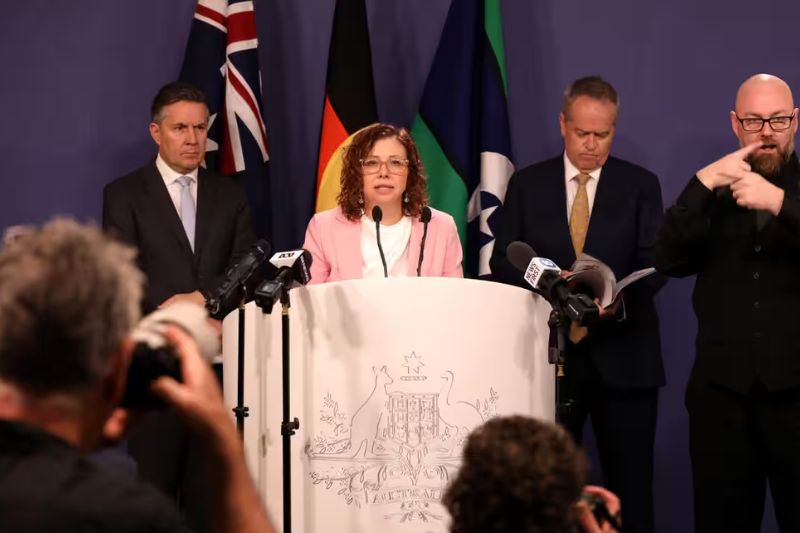
AUSTRALIA
- Justin Glyn
- 14 August 2024
The Federal Government response to the Disability Royal Commission is in. Out of 172 recommendations, only 13 have been fully accepted. These included many reforms that were already partially in progress. Disability advocates can, perhaps, be forgiven for being underwhelmed.
READ MORE
-
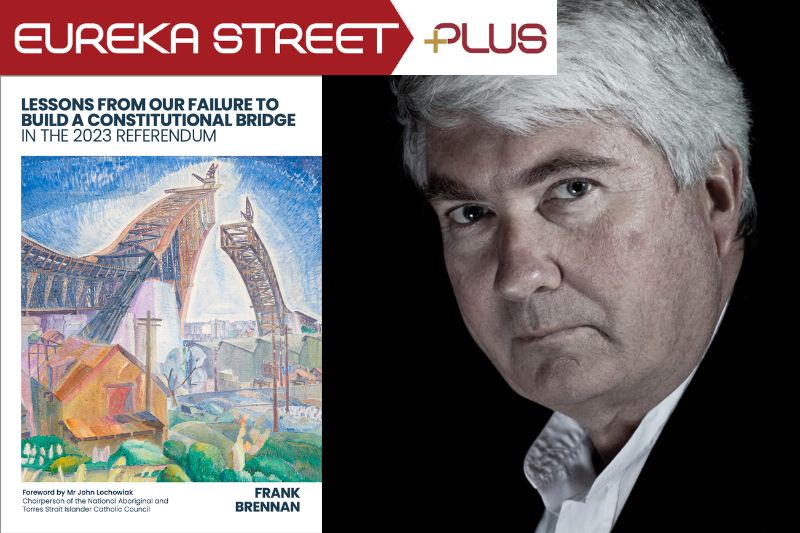
AUSTRALIA
- David Halliday
- 28 June 2024
13 Comments
It's been eight months since the Voice referendum, and people are starting to grapple with what its defeat means for Australia. There are few voices in Australia as qualified to conduct a postmortem of the outcome of the Voice referendum campaign as Frank Brennan. We examine what lessons can be learned and crucually, whether there’s reason for hope for Indigenous constitutional recognition.
READ MORE
-

RELIGION
- John Warhurst
- 29 May 2024
29 Comments
We are now witnessing a changed dynamic within the movement for church reform. The balance within its component parts has changed towards a more pessimistic view. A minority is still hopeful; a few even remain optimistic, but most are struggling.
READ MORE
-
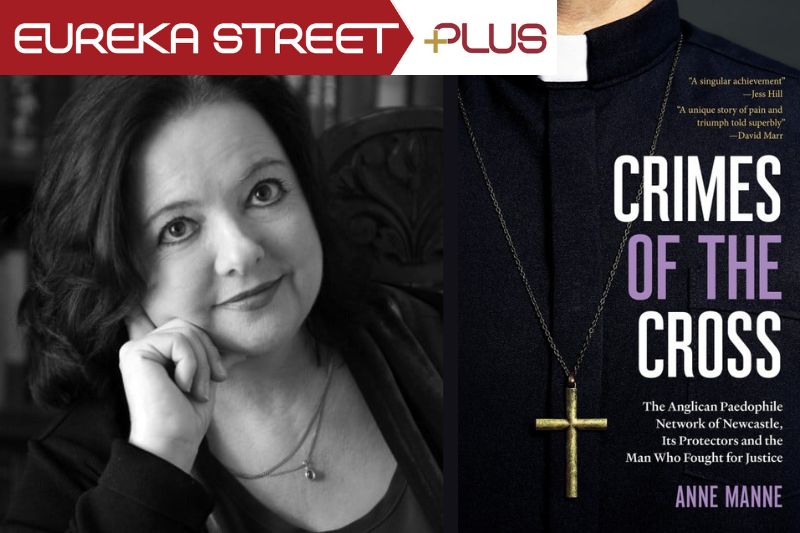
ARTS AND CULTURE
Recent years have made clerical child sexual abuse a badge of shame within Australia’s Catholic hierarchy, and rightly so. But Anne Manne’s new book, Sins of the fathers, will give pause to those who blame these offences on the rule of hieratic celibacy.
READ MORE 
-
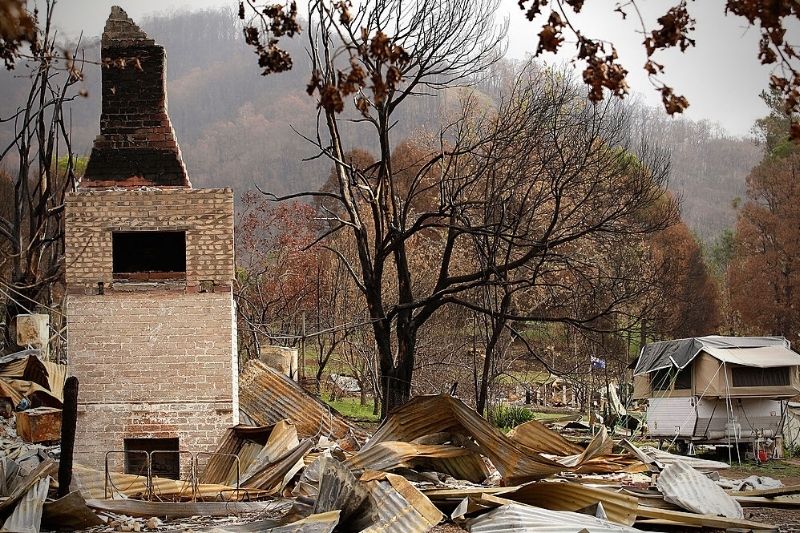
AUSTRALIA
- Barry Gittins
- 26 February 2024
February marks 15 years since the Black Saturday fires in Victoria when some 400 fires raced through 78 locations, taking 173 lives, injuring hundreds more, destroying more than 2,020 homes and the entire township of Marysville. In a warming climate, that reality of loss is likely to be repeated ad infinitum.
READ MORE
-
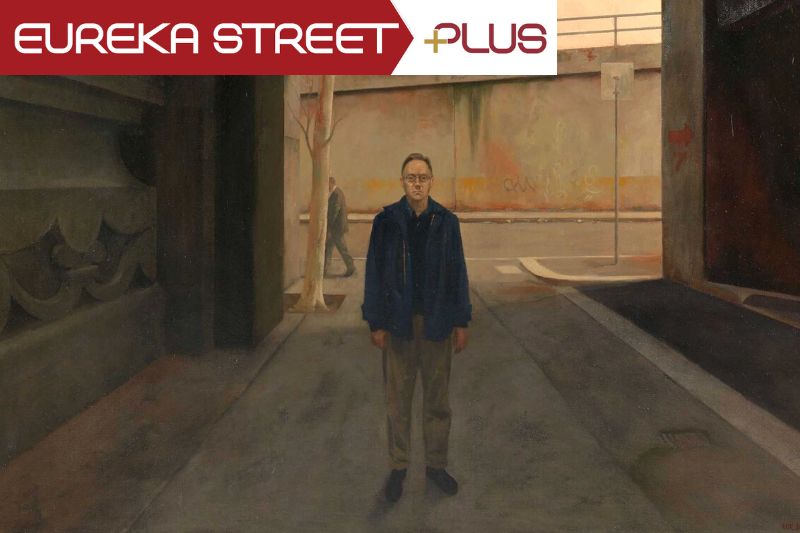
ARTS AND CULTURE
- Julian Butler
- 29 January 2024
2 Comments
In fiction, place often feels secondary. But when place comes alive in writing, it is a delight. When it’s a place that has shaped you, or continues to shape you, then your own mythology expands.
READ MORE 
-

RELIGION
- Michele Gierck
- 11 January 2024
In his latest book, The Empty Honour Board: A School Memoir, Martin Flanagan reckons with the legacy of abuse in the Catholic Church by looking back at his experiences at boarding school in Tasmania. In an interview with Michele Gierck for Eureka Street, Martin talks about the process of uncovering what happened all those years ago.
READ MORE 